Indigenous voice to parliament could make representations to governor-general, says Mark Dreyfus
Attorney-General says voice representations to the governor-general will be made when ‘relevant’, but its focus will be on pressing issues like health and education.
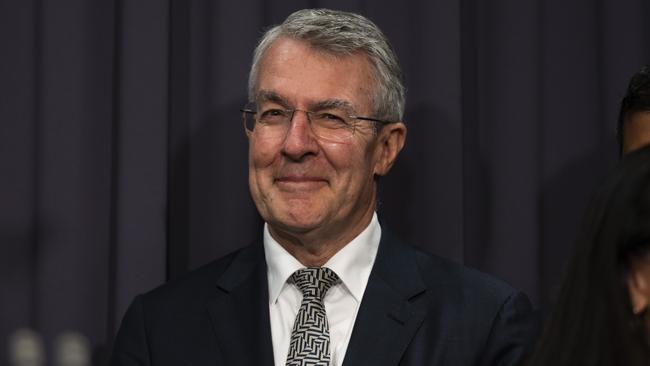
Attorney-General Mark Dreyfus says the Indigenous voice to parliament will be able to make representations to the governor-general of the day “insofar as it’s ever relevant” but it’ll focus its attention on “things which matter most”, like health and education.
Mr Dreyfus also said his insistence that the Solicitor-General Stephen Donaghue KC supports the government’s proposed constitutional amendment “should be enough”, as he rejects calls to release the legal advice he received from the country’s second highest-ranking law officer on the voice.
“I’m not going to go into what the Solicitor-General said and nor should I because it’s longstanding practice … of successive governments not to release Solicitor-General’s advice,” he told 3AW radio.
“I can assure your listeners that this is constitutionally sound and that constitutional lawyers across the country agree it’s constitutionally sound.”
Pressed on whether the governor-general of the day – who is part of the executive government - would need to consult the voice, Mr Dreyfus said it was a largely ceremonial position and he or she would act on the advice of the government.
But he added: “Insofar as it’s ever relevant for the governor-general to need to receive a representation from the voice, then of course he would do so, or he or she would do so.
“We know very much the governor-general is a largely ceremonial position and he’s not involved in day-to-day administrative decisions. Still less is the governor-general involved in the work of the parliament, which is about making laws. What the voice is going to do is make representations to the parliament about the laws the parliament makes and make representations to the executive about the decisions of the executive, which is decisions of ministers, decisions of senior public servants and the policies that they develop.”
Mr Dreyfus said “potentially” every decision made by federal parliament could affect Aboriginal and Torres Strait Islander people and so fit under the voice’s remit, but he believed it would focus on the most pressing issues like health, education, the incarceration rate and life expectancy.
“The representations will be much more effective if they’re made to the parliament before it passes laws or made to the executive before it makes new policy or new decisions so of course government should be talking to the voice early in the policy and legislative process,” he said.
“I expect we won’t like some of what we hear because the truth sometimes hurts and I expect the parliament won’t always agree with everything the voice says but I do know it’s going to strengthen our democracy without taking anything away from anyone.”
The government’s updated proposed constitutional amendment reads:
“Chapter IX Recognition of Aboriginal and Torres Strait Islander Peoples
129 Aboriginal and Torres Strait Islander Voice
In recognition of Aboriginal and Torres Strait Islander peoples as the First Peoples of Australia:
There shall be a body, to be called the Aboriginal and Torres Strait Islander Voice;
The Aboriginal and Torres Strait Islander Voice may make representations to the parliament and the Executive Government of the Commonwealth on matters relating to Aboriginal and Torres Strait Islander peoples;
The Parliament shall, subject to this Constitution, have power to make laws with respect to matters relating to the Aboriginal and Torres Strait Islander Voice, including its composition, functions, powers and procedures.”



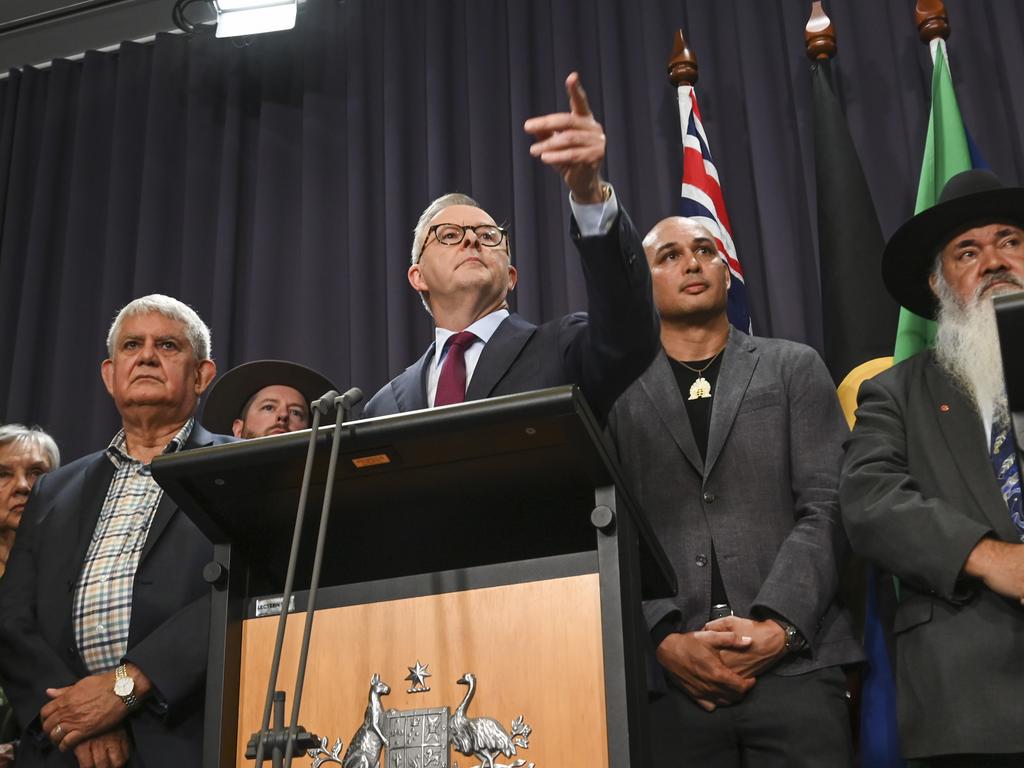
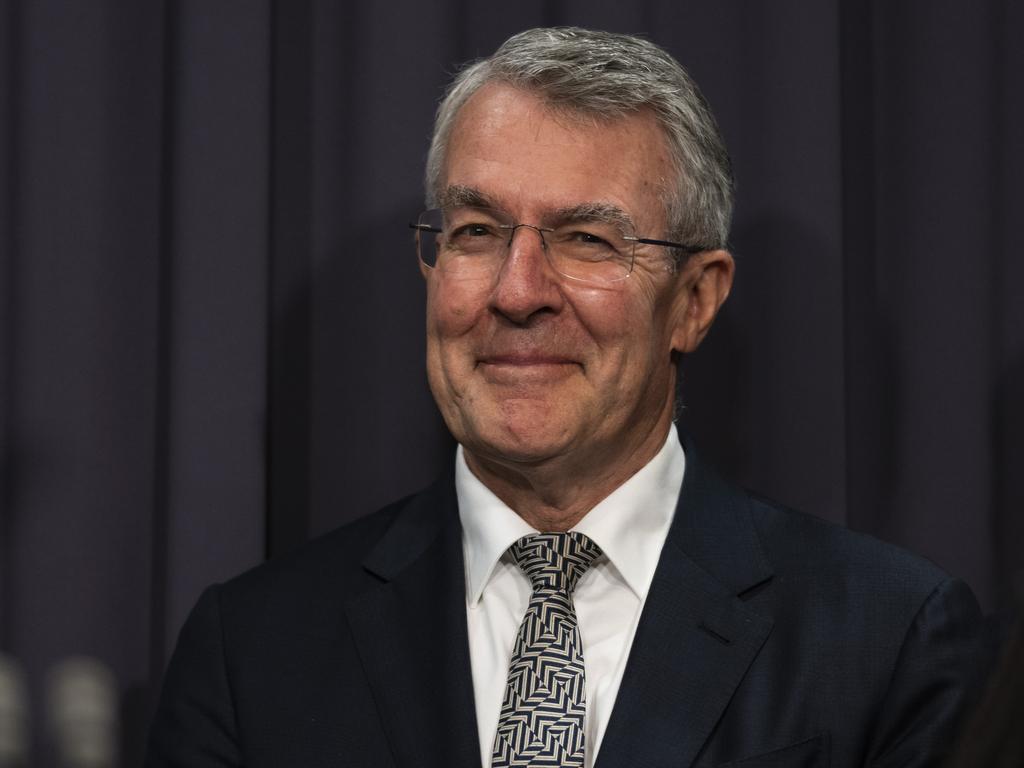

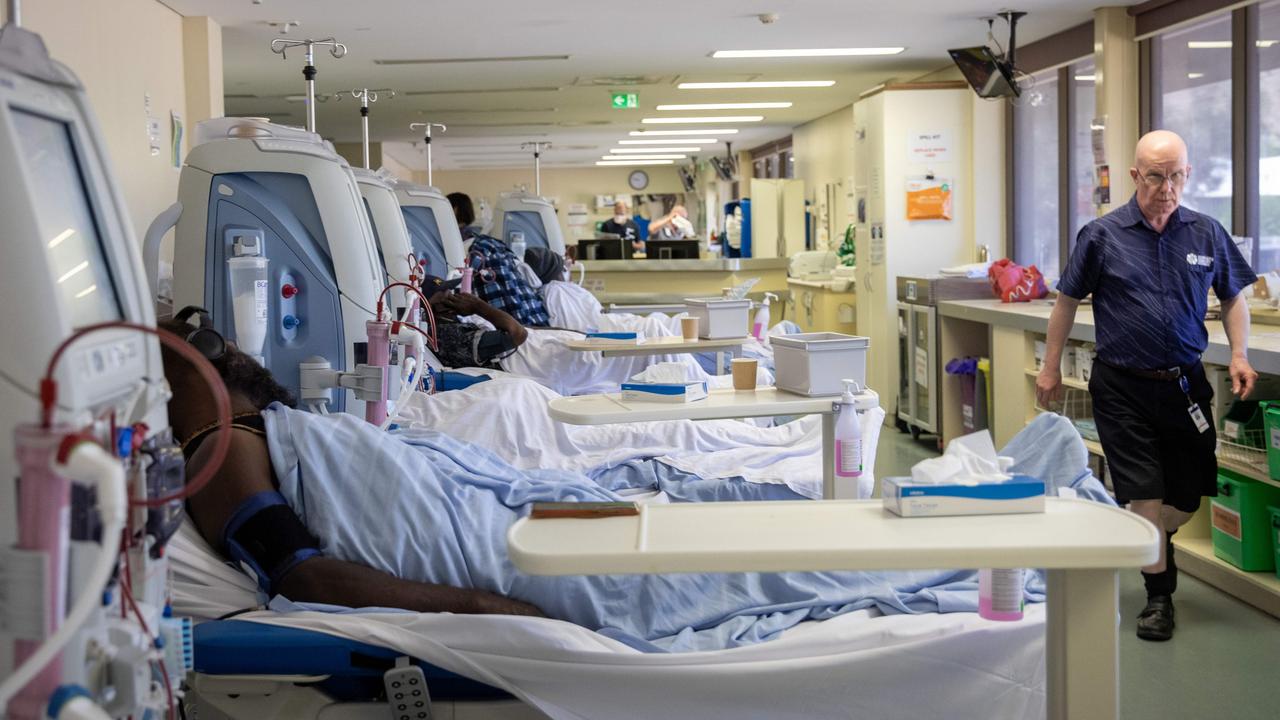
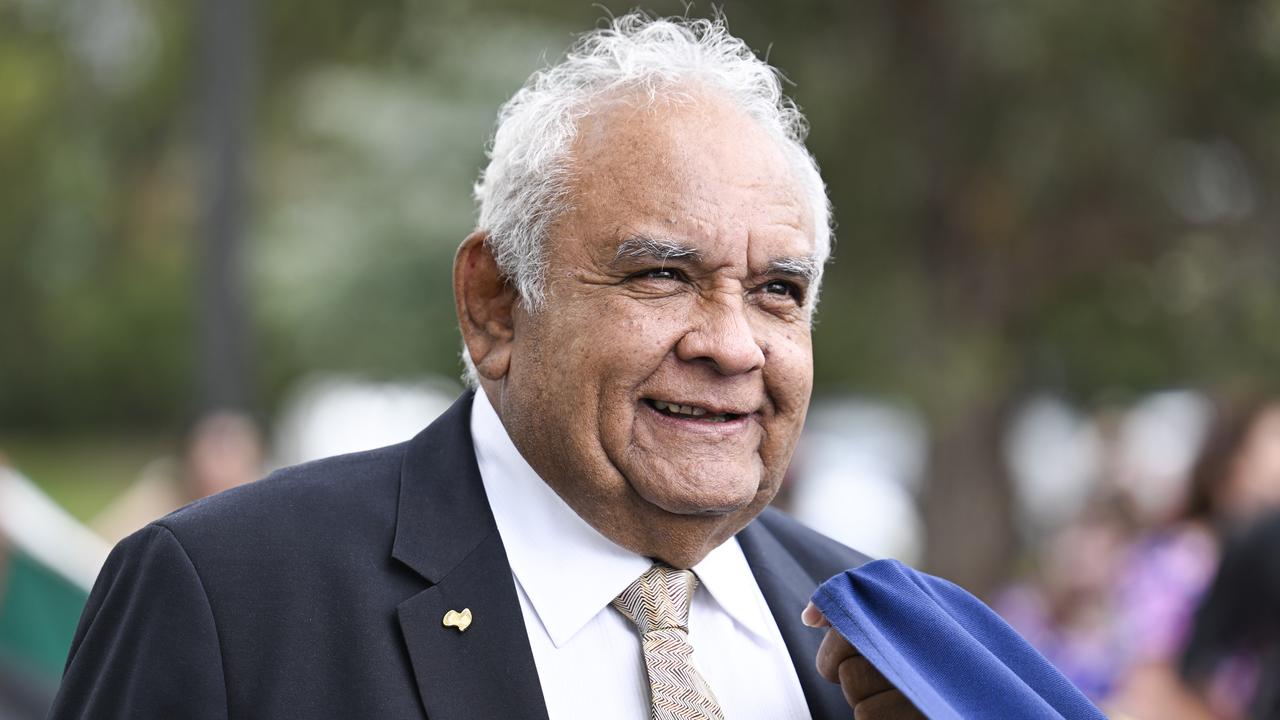
To join the conversation, please log in. Don't have an account? Register
Join the conversation, you are commenting as Logout